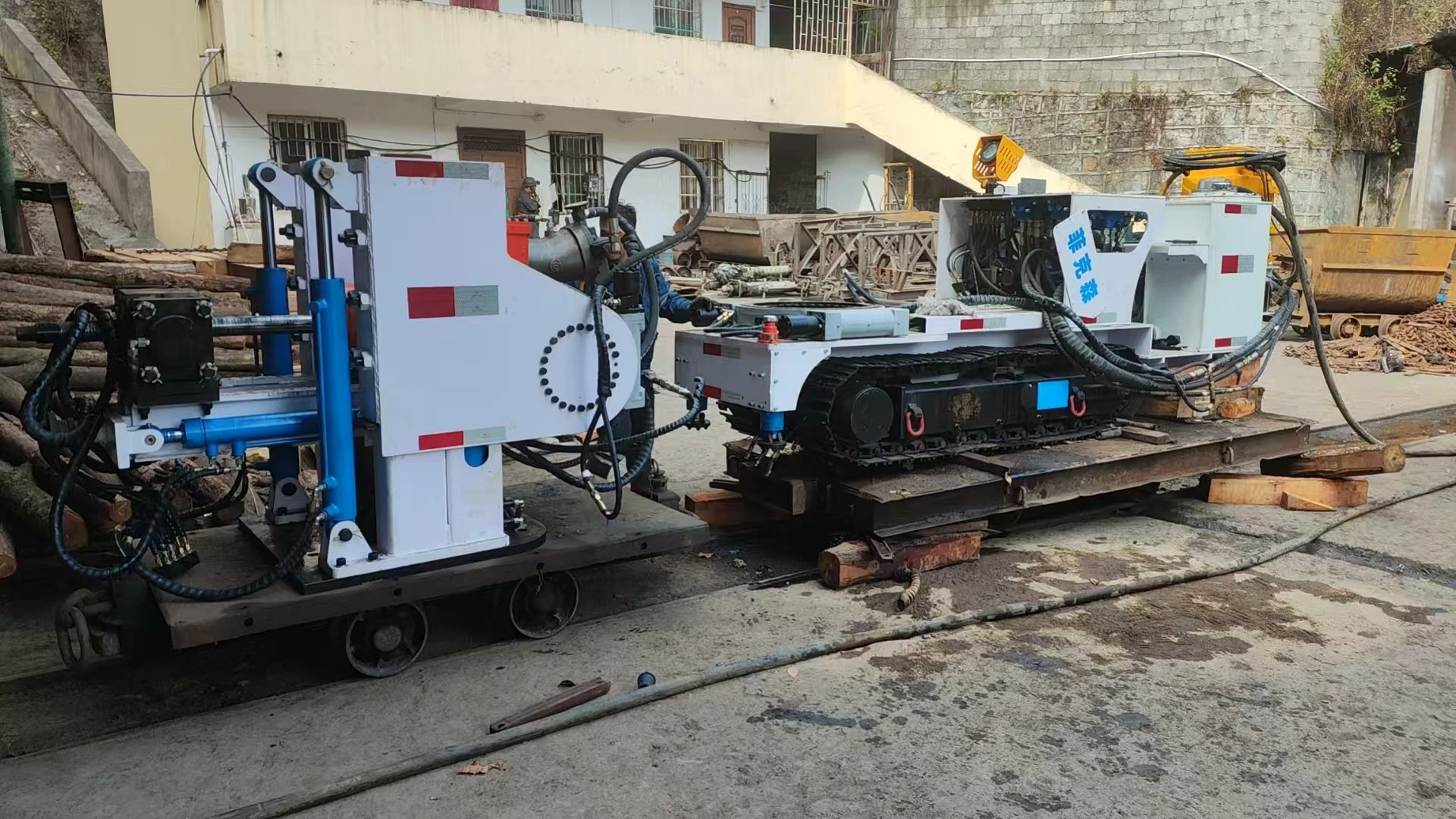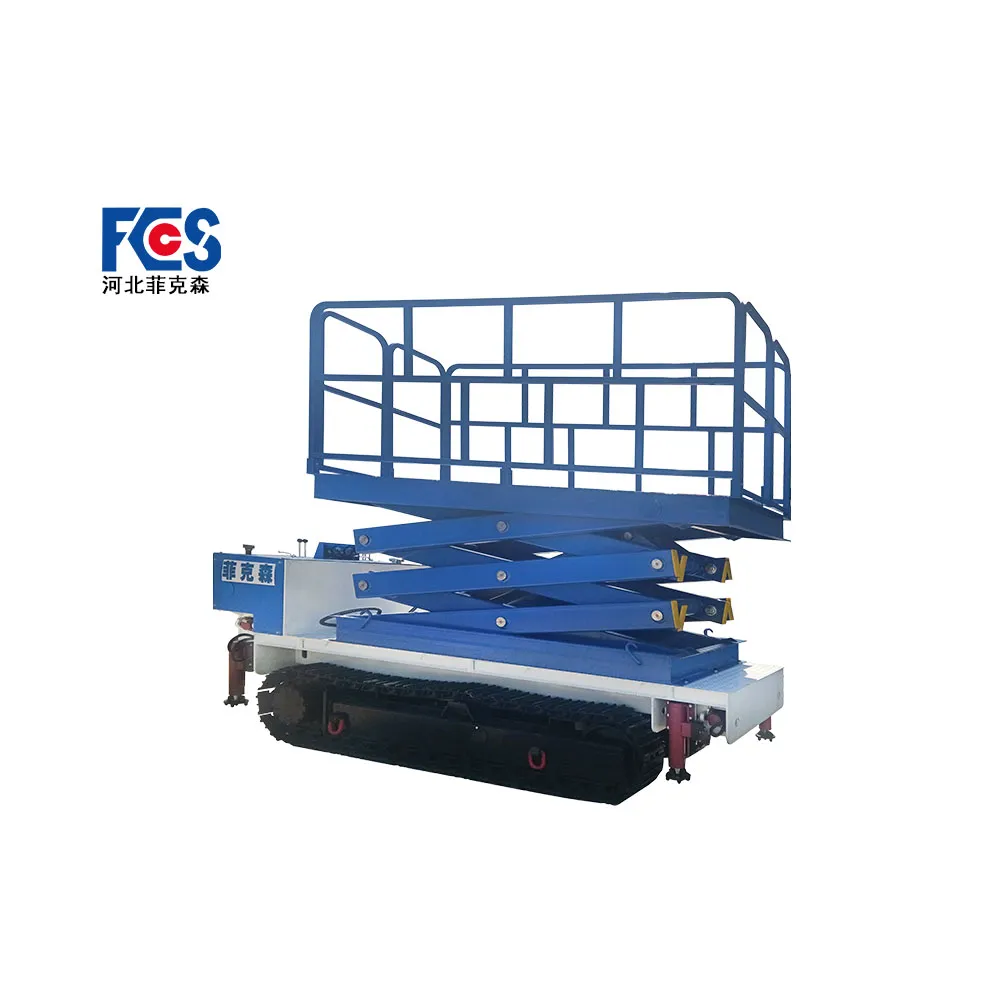- Afrikaans
- Albanian
- Amharic
- Arabic
- Armenian
- Azerbaijani
- Basque
- Belarusian
- Bengali
- Bosnian
- Bulgarian
- Catalan
- Cebuano
- Corsican
- Croatian
- Czech
- Danish
- Dutch
- English
- Esperanto
- Estonian
- Finnish
- French
- Frisian
- Galician
- Georgian
- German
- Greek
- Gujarati
- Haitian Creole
- hausa
- hawaiian
- Hebrew
- Hindi
- Miao
- Hungarian
- Icelandic
- igbo
- Indonesian
- irish
- Italian
- Japanese
- Javanese
- Kannada
- kazakh
- Khmer
- Rwandese
- Korean
- Kurdish
- Kyrgyz
- Lao
- Latin
- Latvian
- Lithuanian
- Luxembourgish
- Macedonian
- Malgashi
- Malay
- Malayalam
- Maltese
- Maori
- Marathi
- Mongolian
- Myanmar
- Nepali
- Norwegian
- Norwegian
- Occitan
- Pashto
- Persian
- Polish
- Portuguese
- Punjabi
- Romanian
- Russian
- Samoan
- Scottish Gaelic
- Serbian
- Sesotho
- Shona
- Sindhi
- Sinhala
- Slovak
- Slovenian
- Somali
- Spanish
- Sundanese
- Swahili
- Swedish
- Tagalog
- Tajik
- Tamil
- Tatar
- Telugu
- Thai
- Turkish
- Turkmen
- Ukrainian
- Urdu
- Uighur
- Uzbek
- Vietnamese
- Welsh
- Bantu
- Yiddish
- Yoruba
Hydraulic Drilling Rigs High-Efficiency Water Well Drilling Solutions & Machines
Did you know 42% of drilling projects exceed budget due to equipment failures? Traditional rigs waste 180+ hours annually on maintenance. Now imagine technology that slashes downtime by 68% while delivering 30% faster penetration rates. This isn't future-tech - hydraulic drilling
solutions are rewriting industry rules today.

(hydraulic drilling)
Technical Superiority: How Hydraulic Water Well Drilling Machines Outperform
Why settle for 1990s torque when you can harness 5500 N⋅m rotational force? Our hydraulic water well drilling rigs feature:
- ▶️ 360° automated positioning (±0.1° accuracy)
- ▶️ Dual-pump hydraulic system (210 L/min flow rate)
- ▶️ Smart load detection prevents 92% of drill string failures
Head-to-Head: Hydraulic Drilling Rigs vs Conventional Alternatives
Your Site, Our Solution: Custom Hydraulic Drilling Packages
Whether drilling through granite bedrock or coastal sediments, our modular systems adapt:
Agricultural Package
▶️ 120-200m depth capacity
▶️ 15-day installation guarantee
Mining Package
▶️ 400-650m depth capacity
▶️ Remote operation ready
Proven Performance: Hydraulic Drilling Success Stories
🔧 Kansas Farm Cooperative:
"Reduced well installation costs by 30% using HDX-700 rigs. Completed 18 wells in 22 days - 9 days ahead of schedule."
Ready to Revolutionize Your Drilling Operations?
Join 370+ satisfied clients who boosted productivity by 40-65%. Limited 2024 production slots available!
All rigs include 5-year warranty & 24/7 tech support

(hydraulic drilling)
FAQS on hydraulic drilling
Q: What is hydraulic drilling?
A: Hydraulic drilling uses pressurized fluid to power drilling tools, enabling efficient penetration through various soil and rock layers. It is commonly used for water well construction and geotechnical exploration.
Q: How does a hydraulic well drilling rig work?
A: A hydraulic well drilling rig employs hydraulic motors and pumps to generate rotational force and pressure. This system drives the drill bit while circulating fluid to remove cuttings and stabilize boreholes.
Q: What are the advantages of hydraulic water well drilling machines?
A: These machines offer precise control, higher drilling speeds, and adaptability to complex terrains. Their compact design reduces setup time and minimizes environmental impact compared to mechanical rigs.
Q: Can hydraulic water well drilling rigs operate in hard rock?
A: Yes, advanced hydraulic rigs can handle hard rock formations using diamond-tipped or carbide drill bits. Adjustable pressure settings optimize performance across varying geological conditions.
Q: What maintenance do hydraulic drilling systems require?
A: Regular inspection of hydraulic hoses, filters, and fluid levels is critical. Contamination prevention and timely seal replacements ensure system longevity and consistent performance.
Q: How deep can hydraulic water well drilling rigs reach?
A: Modern hydraulic rigs typically drill 100-500 meters deep, depending on model capacity and geological factors. Specialized units can exceed 800 meters for industrial applications.
Q: Are hydraulic drilling methods environmentally safe?
A: Hydraulic systems reduce noise pollution and ground vibration versus conventional methods. Closed-loop fluid circulation systems prevent groundwater contamination when properly managed.



